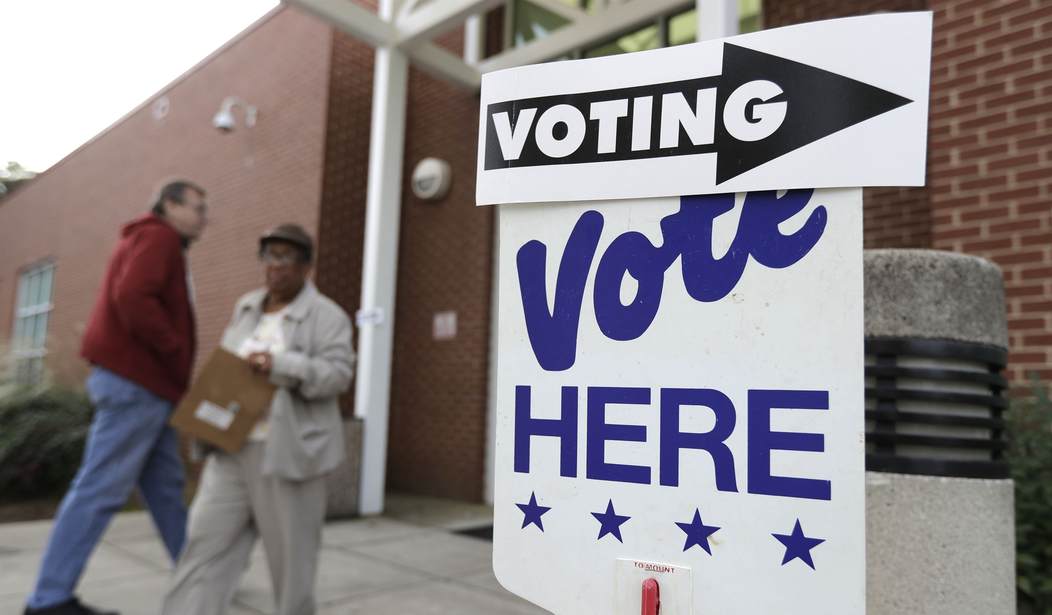Trump campaign spokesman Jason Miller made a bold prediction to George Stephanopoulos on ABC’s This Week Sunday, “If you speak with many smart Democrats, they believe that President Trump will be ahead on Election Night, probably getting 280 electoral (votes), somewhere in that range, and then they’re going try to steal it back after the election. We believe that we will be over 290 electoral votes on Election Night,” he said. “So no matter what they try to do, what kind of hijinks or lawsuits or whatever kind of nonsense they try to pull off, we’re still going to have enough electoral votes to get President Trump re-elected.”
Whether you agree with Miller’s prediction about the Electoral College outcome, the fact-checking website PolitiFact rated this claim false, in part because “electoral votes won’t be cast for more than another month.”
We don't have a crystal ball, but when Trump spokesman Jason Miller said “We will be over 290 electoral votes on Election Night," it's important to note that's impossible: Electoral votes aren’t cast until Dec. 14 and won’t be counted until Jan. 6. https://t.co/wrP14ZKQfs
— PolitiFact (@PolitiFact) November 2, 2020
Apparently, PolitiFact couldn’t parse Miller’s statement enough to understand that what he was saying is that Trump will have definitively won enough states to achieve an Electoral College victory, the same way we typically know on most election nights who won the election even though the Electoral College hasn’t officially voted yet. Is this really what fact-checking has become?
Of course, PolitiFact wasn’t done with their absurd fact check. Like so many others are doing, PolitiFact had to cast doubt on whether enough states will be even be called on election night.
Media outlets won’t be calling any battleground states until there’s adequate information to do so with confidence. If a state hasn’t yet counted enough votes from mail ballots to have a sense of how mail voters are breaking between the candidates, media organizations won’t call the states for either candidate; they’ll call it “too early to call” or “too close to call.” It would be inaccurate to count a media organization’s “too close to call” state as part of either the Trump column or the Biden column, even if partial returns show that candidate ahead.
So basically, PolitiFact is trying to tell us that we’re not gonna know the winner on election night. This is something we’ve been repeatedly conditioned to accept as inevitable by social media. This is because Democrats are largely voting early, while Republicans are expected to vote overwhelmingly on Election Day. If you’re concerned about fraud (like I am) you know that ballots have a tendency to be “found” after Election Day. Just ask Al Franken, who lost his election to be U.S. Senator in Minnesota on Election Day, but then won after mysterious crates of ballots started materializing to overcome his deficit.
Hopefully, that won’t happen this year, but that hardly makes this fact check by PolitiFact legit.
_____
Matt Margolis is the author of the new book Airborne: How The Liberal Media Weaponized The Coronavirus Against Donald Trump, and the bestselling book The Worst President in History: The Legacy of Barack Obama. You can follow Matt on Twitter @MattMargolis










Join the conversation as a VIP Member